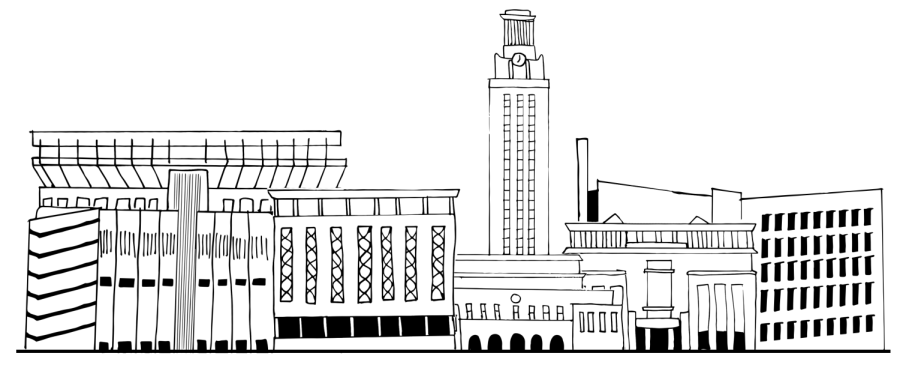UT community should oppose autonomous robots on campus
November 14, 2022
Editor’s note: This column was submitted to the Texan by a member of the UT community.
The recent news that “robot dogs” will be rolled out on UT’s campus early next year is a disturbing development that should raise concerns for the community. Students, staff and faculty should oppose any effort to normalize their presence among us.
Several scholars and commentators have pointed out the ethical concerns inherent in the mobilization of autonomous robots in cities. Rose Cahalan, a Texas Monthly senior editor, noted negative reactions on social media and the addition of weapons onto the same technology elsewhere in the world in her recent piece, “It’s Okay to Fear the Robot Dogs Coming to UT.”
An engineer and researcher working on the Living and Working with Robots Project, who asked to remain anonymous, noted that while these robots can be used for malevolent purposes in the wrong hands, “the short-term practical uses proposed are things like delivering library books across campus.” While the team behind the project is likely a group of brilliant people with no ill intent, it is naive to assume that the technology will only be used for positive purposes once it is fully developed.
Police and military organizations have invested a considerable amount of time and resources into researching implementation of this technology, which raises ethical concerns for groups that find themselves on the receiving end of police brutality and structural racism. UT research efforts have been closely linked to U.S. military projects in the past, and while the National Science Foundation that is funding the robotics project is technically independent from the military, there is nothing prohibiting the agency from sharing their findings with federal departments. Given the U.S. military’s extensive history of imperialism and destruction of developing countries, UT researchers should consider what role their research could play for these entities in the future.
When asked about the rollout of the new technology, Randy Cox, a professor in the Moody College of Communication, said, “I’m of the generation that grew up with ‘The Terminator,’ so robot dogs feel like one step closer to the abyss.” Indeed, the notion that we all as humans must now coexist with autonomous robots who are free to impede us as we go about our business on campus and they struggle through their beta stage is disconcerting. The fact that they are designed to look like dogs, perhaps one of the most agreeably adorable beings, induces a feeling of uncanny valley. These robot “dogs” have no face, have no tail and have no fur. They are metal tools that can be used for any number of purposes.
Robot “dogs” are not cute, or even dogs at all, and their potential uses range from benign to sinister. With this in mind, the UT community ought to critically reflect on the potential benefits of this technology against the potential drawbacks. While the proposed uses such as delivering library books or providing hand sanitizer are indeed useful, why must they be performed by a robot? Supposing these tasks are necessities desired by members of the UT community, they could just as well be performed by a student worker or provide a job to someone from the Austin community. Given the relatively basic scope of these tasks and the fact that autonomous robots stand to be weaponized or used for surveillance, it is clear that the potential costs vastly outweigh the benefits.
The stated purpose of the on-campus robot rollout is to gauge how the technology is received by the UT community. Let’s make it clear that Longhorns do not want these robots among us.
Burke is a history and political communication senior from McKinney, Texas.











